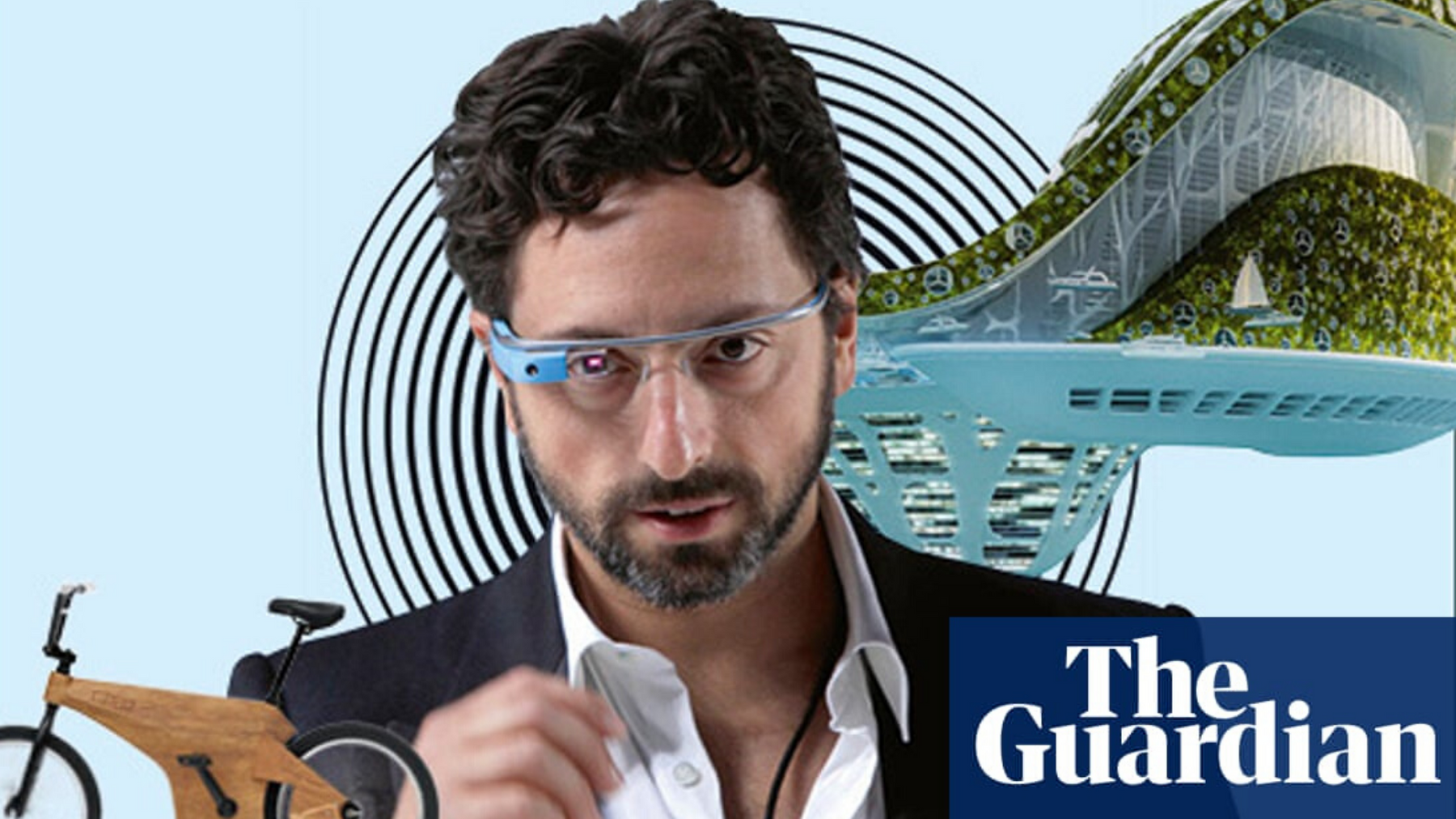
The 2010s has been an eventful decade for influencers, craft brewers and vape shop owners – and a disappointing one for retail assistants, journalists and black cab-drivers. At the beginning of the decade, everyone hated the bankers and exalted the tech barons; as it draws to its close, everyone hates the tech barons and ignores the bankers. But amid all the uncertainty, one ancient profession has flourished: the fortune-teller.
Naturally, modern fortune-tellers don’t call themselves fortune-tellers – they prefer “trend forecaster” or “futurologist” or – sorry – “lifestyle detective”. They usually do without the animal entrails and star charts, preferring to read the runes from makeup trends in Seoul, tech start-ups in Palo Alto and genetic experiments in Shenzhen. And they have made themselves as indispensable to 21st-century product designers and brand managers as astrologers once were to generals and kings.
Certainly, the forecasters who had their eye on Asia have tended to fare best in the predictions. From emojis and TikTok to gene editing and social credit, it’s where many of the decade’s key innovations have emerged. Mike Walsh, who runs the Los Angeles-based consultancy Tomorrow, published his book, Futuretainment, in 2009, inspired by spells in China, Japan and Korea. “These places felt like they were already 10 years in the future,” he says. “Long before the iPhone existed, Asia had early smartphones and sophisticated forms of digital entertainment.”
His book predicted the wide adoption of streaming, mass participation in esports and cloud-based entertainment (ie, you start watching a Netflix series on your TV at home and then pick up where you left off on your phone on the way to work). But there was a lot that he missed. “I definitely underestimated the impact of drones,” he says. “And I had predicted we would see more live-streaming video eyewear. All the technology was invented, but in a way, live stories on Instagram were an alternate approach that replaced the idea.”
You can read the rest of the article here.

